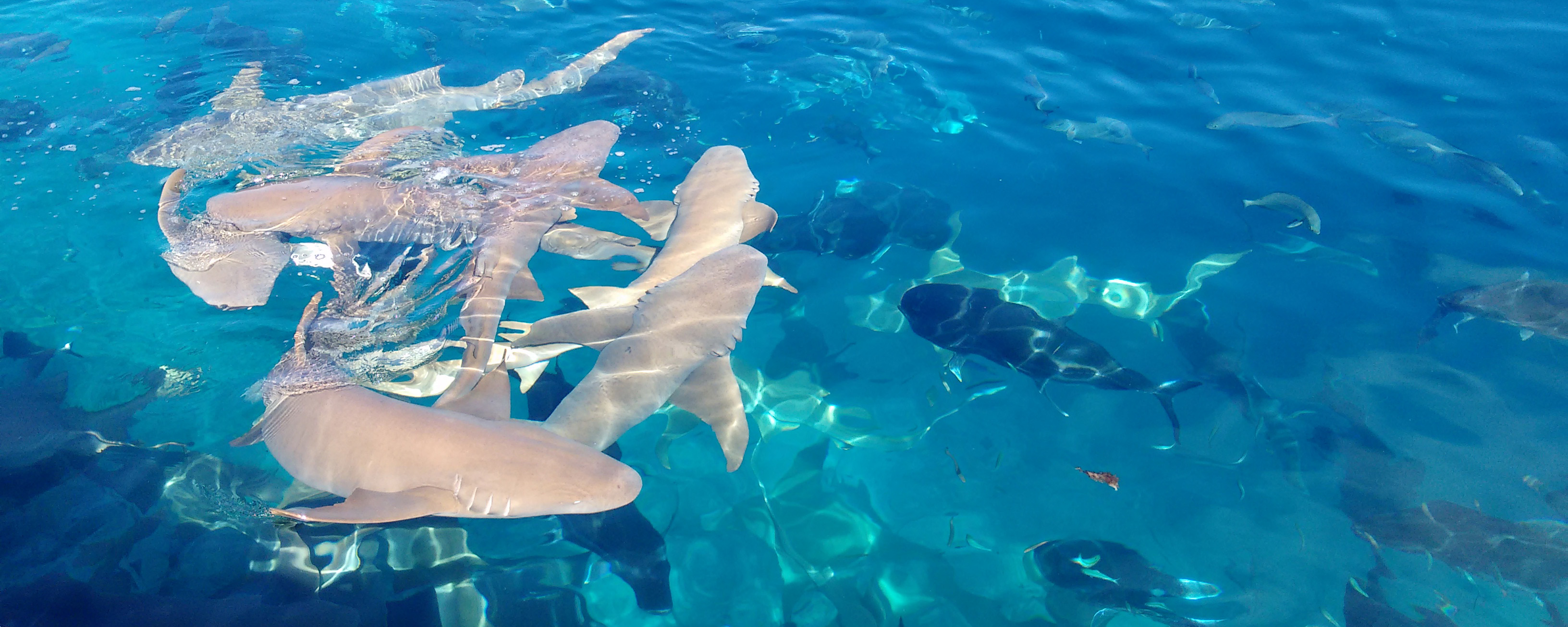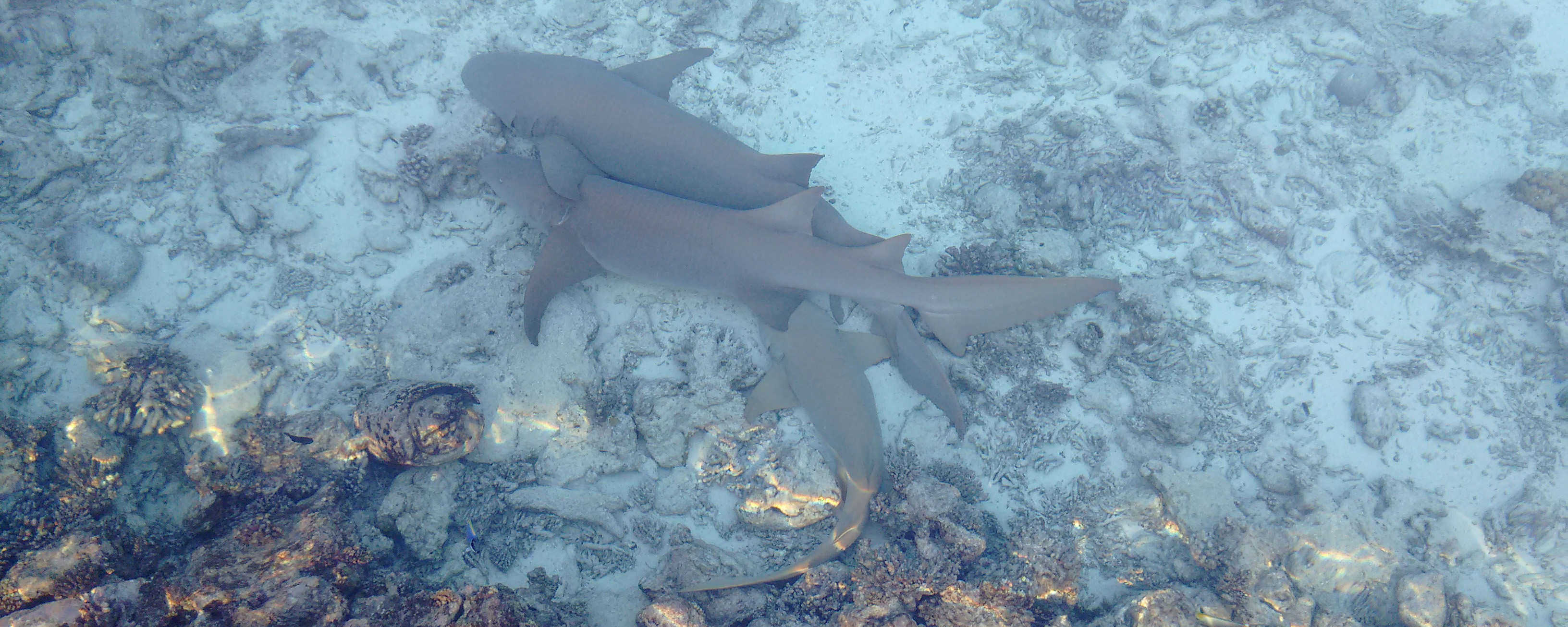20 Mar Sharks: unfairly feared creatures
By Daniele Battilani

Sharks are fish with a cartilaginous skeleton that have lived in this planet for about 400 million years. They are predators, and in many cases, are at the top of the food chain, thus also called apex or alpha predators. This means that no other animals prey on them and their role is extremely important for maintaining the balance of the habitat in which they live. However, these animals are still a source of nightmares and terror for many people. But are they really so aggressive and dangerous as pictured? In fact, although they are infamous for being predators that can reach large dimensions, sharks’ notoriety could also be attributed to Spielberg’s film, “Jaws”. In the movie, sharks are depicted as brutal and relentless killers, but in reality, they are quite the opposite. In fact, most sharks are generally shy and suspicious of human beings. The reason why they tend to swim in a circle at short distance from us is due to their extremely poor vision.
As for the cases of aggressions, it is now known that in most cases the people attacked are surfers or swimmers who are mistaken for turtles or seals, always due to the poor sight of the shark, a typical trait in their case.
The fact remains though that it is not recommended to bathe in shark-inhabited areas when presenting a bleeding wound:it is not a myth that sharks have an impressive sense of smell, as they can sense a single drop of blood diluted in a million particles of water several kilometers away. They can also perceive electric impulses produced by living beings, which further enhances their perception of the surrounding environment and their predatory capabilities. It is no coincidence that they have evolved and diversified enormously over hundreds of millions of years.

In the Maldives, we can find over ten shark species: white tip reef shark, black reef shark, gray reef shark, silver-tipped shark, oceanic white-tip shark, silk shark, blue shark, hammerhead shark, major hammerhead shark, mako shark, leopard shark, tiger shark and whale shark. In particular, the most commonly observed sharks during immersions are white tip reef sharks and gray reef sharks.
Unfortunately, there has been a massive shark exploitation in this area, due to the use of shark liver oil in the construction of boats. Shark fishing was also intensified by the end of 1970 due to the exportation of byproducts, such as dried fins and salted meat. However, the development of shark fishing coincided with the development of the tourism industry in the Maldives, thus resulting in a conflict of interest: tourists started visiting the country to enjoy the beauty of coral reefs, including the feared sharks. Furthermore, the balance of the coral reefs also depends on the presence of these alpha predators. As a result, the Maldivian government first issued a series of restrictions limiting shark fishing to certain areas. The ecological battle then was intensified and conquered important victories up to 2010, when the Maldivian government finally announced the total ban on shark fishing.
Despite these efforts, these fish have been suffering an impressive decline all over the globe in recent years: several species are endangered, with tens of millions of individuals being killed every year. Overfishing presents a threat as well, affecting sharks indirectly by eliminating their prey. For these and other reasons it is crucial to inform people about the essential role that these wonderful creatures play in our delicate environment, so that all of us can actively contribute to change this situation!




